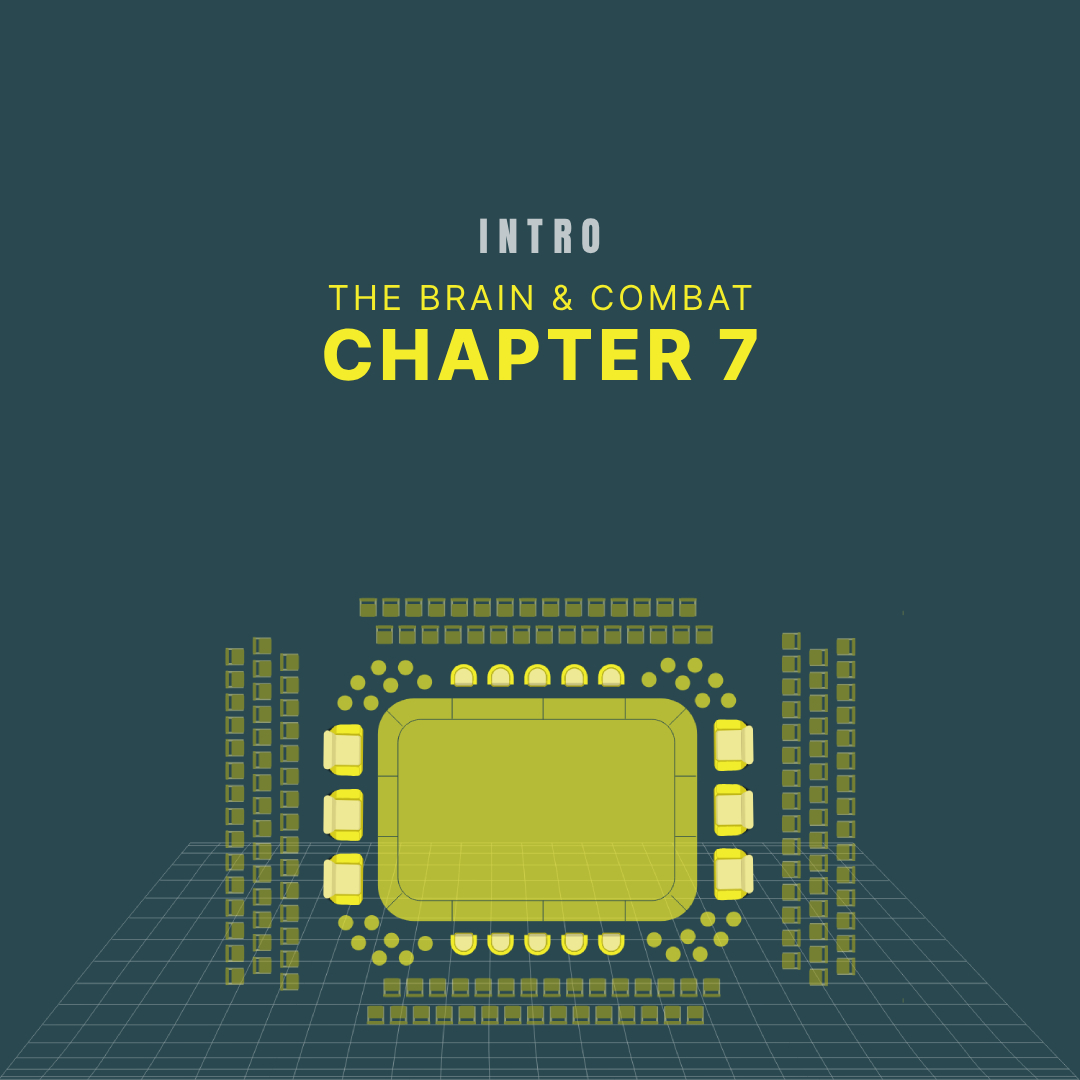The last chapter of The Brain and Combat series is dedicated to the topic of understanding the role that losing a fight plays in long term success and building mental resilience. We’ll make an inventory of the costs of a competition and the most efficient strategies to leverage resources and repurpose the experience for growth.
Through the use of illustrations and modern exercises, you will be able to evaluate and modify your support network and mental framework to fuel yourself for the next competition.
…with the understanding of the gains and losses of a competition in reflection of your specific mental design. In order to utilise the experience of loosing, you’ll have the two strongest coping strategies at hand: the way of building an external support system and the way of forming internal support paths.
Evidence-based exercises included
The chapter includes several evidence-based practical exercises that help you surround yourself the support you need. The thought exercises are most efficient when done multiple times, either in close proximity or revisited after the next competition. While the network exercise only needs to be revisited occasionally.
£285.00Read more

Purchases can be made individually or through clubs/schools/institutes that have partnered with us for the benefit of their members.
